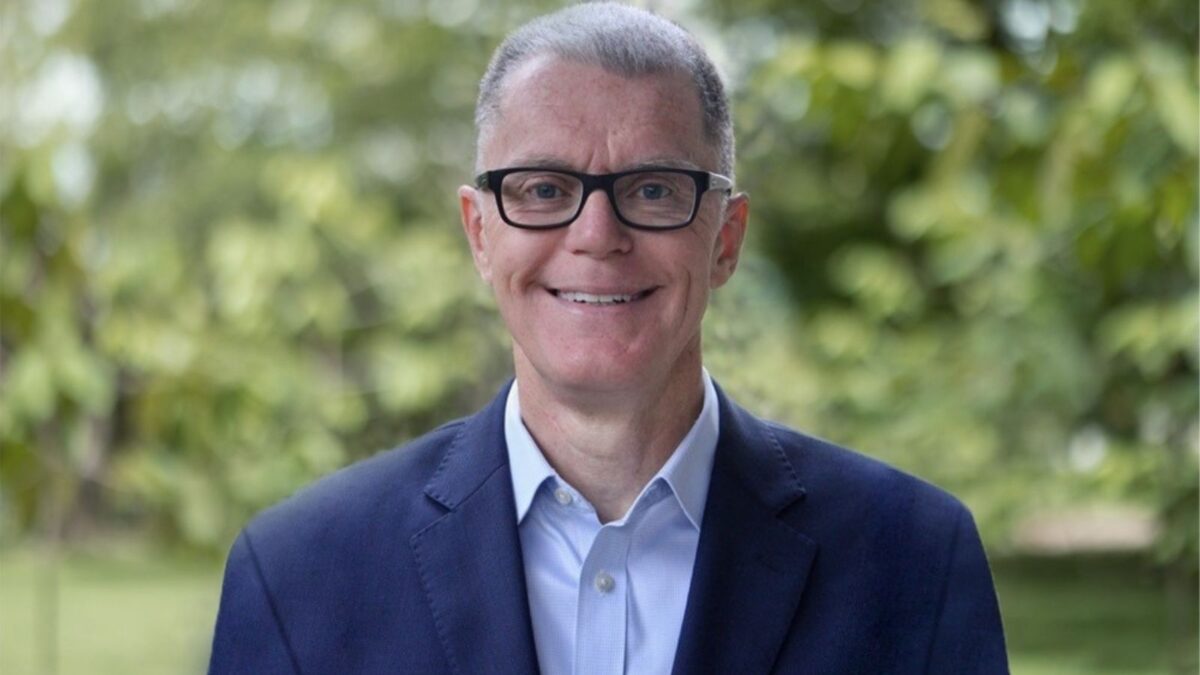Frontier Advisors puts India ahead of China
Often compared by international investors, India and China continue to face off on their prospects for both economic growth and market attractiveness. A new report by Frontier Advisors is now putting India out front over the long term.
At an investor briefing in Sydney last week, Alvin Tan, a principal consultant, and Kuek Chyuan Low (K.C.), a senior consultant, spoke to the report, following research trips to both countries this year.
One factor in India’s favour concerns portfolio construction: the consultants believe China will become more correlated with emerging markets generally while India is likely to remain unique. Valuations for both, however, are not cheap.
K.C. said monetary policy was tightening in China and there were key risks – both internal and external for the Chinese economy. Plus, the country’s demographics had “turned from a tailwind to a headwind”. China had moved up the value chain. India’s wind remains at its tail.
Several years ago, they said, Frontier recognised that emerging markets would be a big driver of growth and that China would be the main driver of keeping inflation low. This was not necessarily the case for China now as the economy restructures itself away from manufacturing and towards consumers of services due to the rising domestic middle class.
The report says about China:
- economic growth is likely to continue to slow as credit growth and investments, such as in infrastructure and property, fades
- reforms in excess capacity sectors and deleveraging is occurring as authorities switch focus to “quality” of economic growth rather than the pace of growth
- monetary policy is tightening despite an unchanged benchmark interest rate
- environmental issues are being addressed, and
- economic transition is taking place as the Government focuses on higher value sectors.
It says there is a risk that China deleverages too quickly and destabilizes the economy, “but a hard landing still seems unlikely”.
Meanwhile the new US restrictive trade policies heighten uncertainty.
On India, the report says:
- India is a long-term investment – a 10-year-plus horizon – with favourable demographics, population growth and an emerging middle class
- Its economic growth path will likely be different from China’s: while social inequality is a problem, education is seen as crucial to alleviating this; demographics suggest it has multi-decades to “harvest” a return from this, while China’s was shorter because of the one-child policy
- valuations in listed equities are not cheap, “but they seldom are”
- Government bond yields look attractive, although higher inflation is a risk, and
- there are opportunities in real assets, such as the “National Corridor Project”. But its history has been poor and there is a reduced capacity for liquidity.
Frontier management update
Meanwhile, at the management of Frontier, as reported elsewhere, Damian Moloney, the former chief executive who announced late last year he would be leaving the firm to pursue new opportunities after nearly seven years at the helm, has been appointed to a big new job at Australian Super.
He will be advising on global investment themes and opportunities from a European perspective, following the super fund’s similar expansion in its investments research and operations into Asia. Moloney is expected to relocate from Melbourne to London in coming months. He will report to Mark Delaney, the fund’s CIO.
The new chief executive at Frontier is Andrew Polson, who most recently has been general manager of wealth management at the Tasmanian bank MyState. He starts in Melbourne head office in May.
Polson has had a long career at ANZ, prior to MyState, including the important role as ‘global head of investment management in the chief investment office of ANZ Wealth’. He has also worked for IOOF and NAB.










